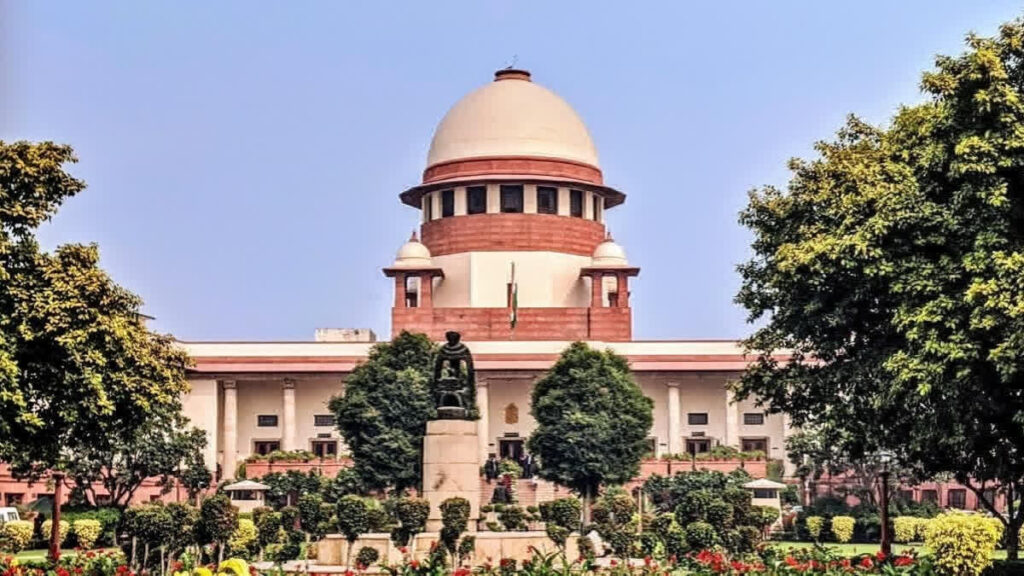Rehan Khan
On 10th September, the Supreme Court of India has confirmed that the provisions of the Prevention of Money Laundering Act, 2002 (PMLA) take precedence over the Code of Criminal Procedure, 1973 (CrPC) in matters concerning the summoning of individuals. This decision came in light of the appeals filed by Trinamool Congress MP Abhishek Banerjee and his wife Rujira Banerjee, challenging the Enforcement Directorate’s (ED) summons for their appearance in New Delhi regarding an alleged coal scam.
The petitioners contended that the ED could not compel their appearance in New Delhi, asserting that the summons should be restricted to Kolkata, their place of residence. Their argument was grounded as per Section 160 of the CrPC, which restricts summoning women outside their place of residence. However, the division bench comprising Justices Bela M Trivedi and Satish Chandra Sharma rejected this claim, emphasizing that Section 71 of the PMLA grants it overriding authority over other laws, including the CrPC.
The Court explained that, as per Section 65 of the PMLA, the CrPC applies only to the extent that it does not conflict with the PMLA. The ruling observed, “A conjoint reading of Sections 71 and 65 of the PMLA, alongside Sections 4(2) and 5 of the CrPC, leaves no room for doubt that PMLA provisions will override any conflicting laws, including the CrPC.”
The Court highlighted several inconsistencies arising between Section 50 of the PMLA and Section 160 of the CrPC. Section 50 PMLA empowers the ED to summon individuals for inquiry, while Section 160 CrPC pertains to investigation. Furthermore, Section 50 is gender-neutral, unlike Section 160, which offers protection to women from being summoned beyond their place of residence. Another key distinction elaborated by the Court was that statements recorded under Section 50 PMLA are not barred by Article 20(3) of the Constitution, which protects against self-incrimination, whereas statements under Section 160 CrPC are subject to limitations under Section 162 of the CrPC.
“In view of such glaring inconsistencies between Section 50 PMLA and Section 160/161 CrPC, the provisions of Section 50 PMLA would prevail,” the Court asserted.
The Court further pointed out that specific procedures for summoning under the PMLA (the manner of forwarding a copy of the order of provisional attachment of property along with the material, and the manner of forwarding the order of confirmation of attachment of property along with the material) are outlined in the Prevention of Money Laundering Rules, 2005. These procedures, the Court noted, would override any procedures in the CrPC, including those concerning the summoning of women under Section 160 and the production of documents under Section 91 CrPC.
Additionally, the Court underscored that under Section 50(3) PMLA, individuals summoned by the ED are legally obligated to appear in person or through authorized agents and to provide truthful statements and required documents. Non-compliance with such summons could lead to criminal proceedings under Section 63 PMLA and Section 174 of the Indian Penal Code (IPC), the Court warned.
Case Title: Abhishek Banerjee & Anr. vs Directorate of Enforcement
Case Number: Crl.A. No. 2221-2222/2023
Bench: Justice Bela Trivedi and Justice Satish Chandra Sharma

